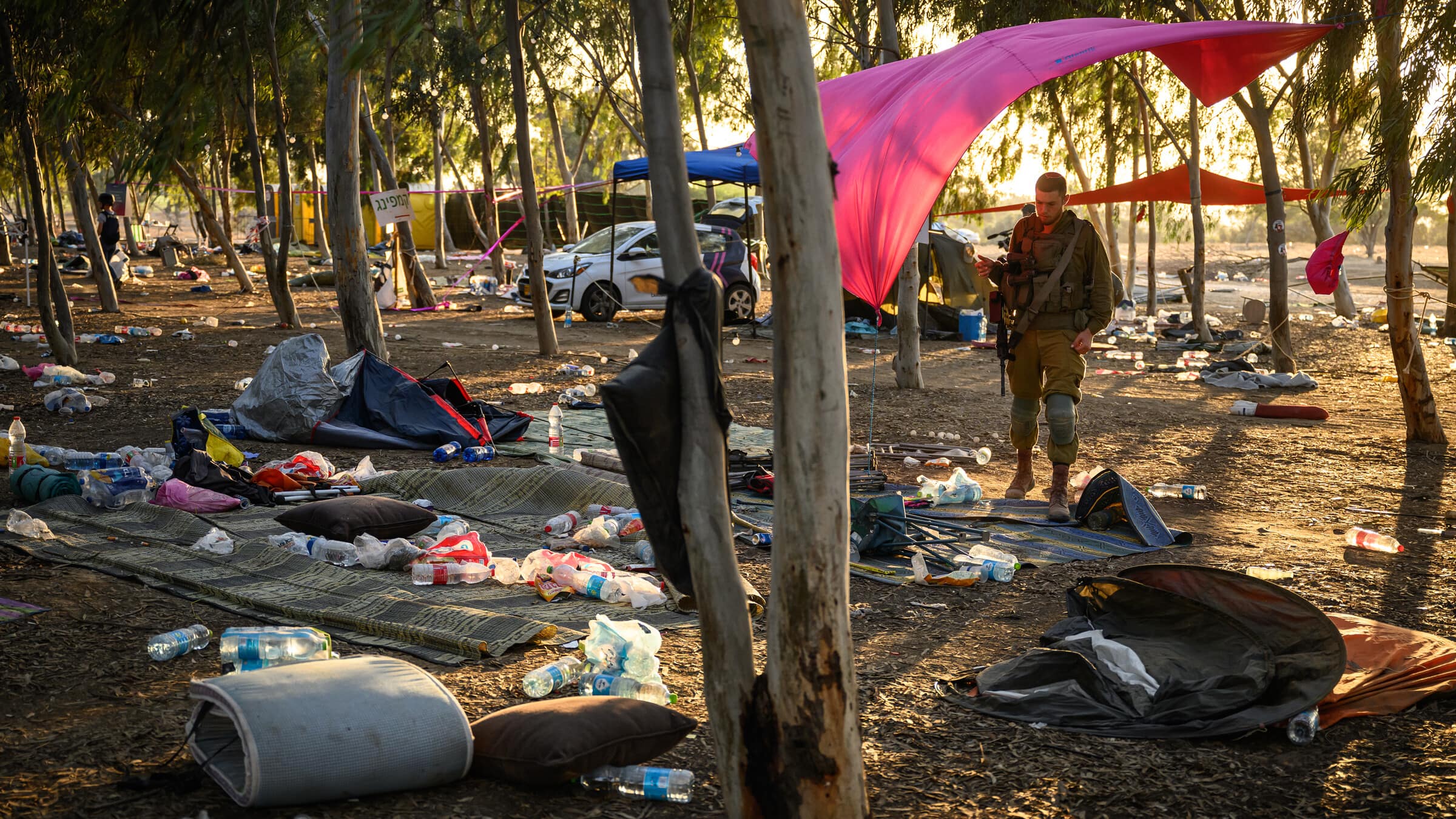
Recreational drugs may have helped October 7 attack survivors: Study
What's the story
According to a new study, some illegal drugs, including MDMA and LSD, might have unintentionally given a psychological shield to attendees of the Nova Music Festival during the October 7 Hamas assault.
The surprise attack left 360 people dead, saw dozens kidnapped, and triggered a devastating war in Gaza.
Initial results suggest MDMA (or ecstasy or molly) could have provided some degree of psychological protection from trauma to festival-goers.
Research details
Study analyzes psychological responses of festival survivors
The study, by Haifa University in Israel, which is currently under peer review, investigated the psychological reactions of over 650 festival-goers.
Two-thirds had taken MDMA, LSD, marijuana, or psilocybin (magic mushrooms) before the attack.
Professor Roy Salomon from the university said some were found hiding under their friends' bodies for hours while on LSD or MDMA.
Drug effects
MDMA found to be most protective for survivors
According to the research, MDMA, especially when not mixed with anything else, was the most protective for survivors.
The team thinks prosocial hormones released by the drug, such as oxytocin, might have helped reduce fear during the attack.
Moreover, those who took MDMA seemed to cope better mentally in the months after the tragedy than those who didn't use any substances.
Personal account
Survivor credits MDMA use for her survival
Survivor Michal Ohana said being high on MDMA during the festival "saved" her life. She would have likely frozen otherwise, leading to her being killed or kidnapped, she said.
"I was so high, like I'm not in the real world," Ohana told the BBC. "Because regular humans can't see all these things - it's not normal."
Publication
Study to be published soon
This study is believed to be the first of its kind to analyze a mass trauma event where many were under the influence of drugs.
It is expected to be published in the coming months, adding to research on MDMA and mental health.
The findings could reshape our understanding of drug use in high-stress situations.